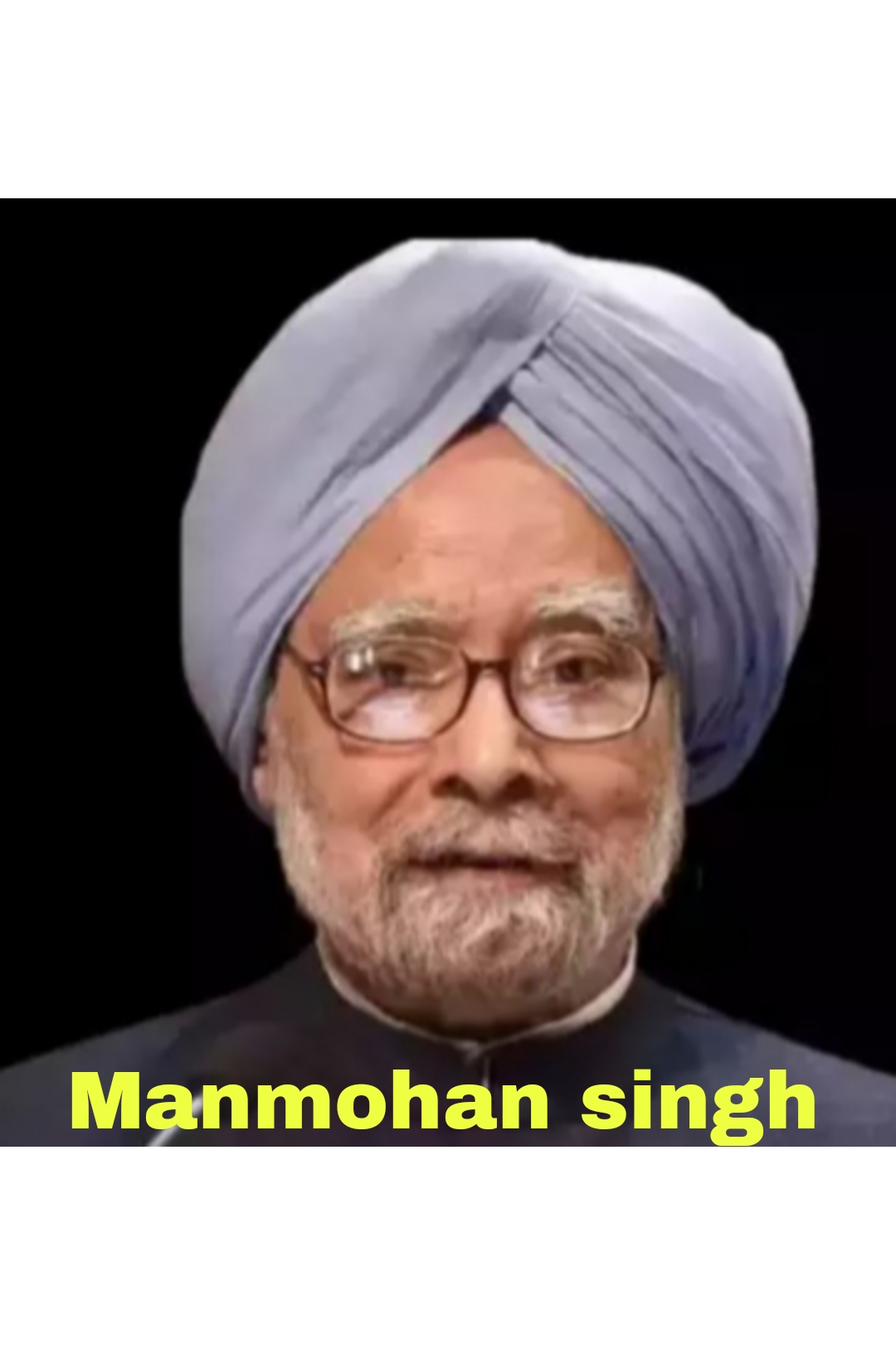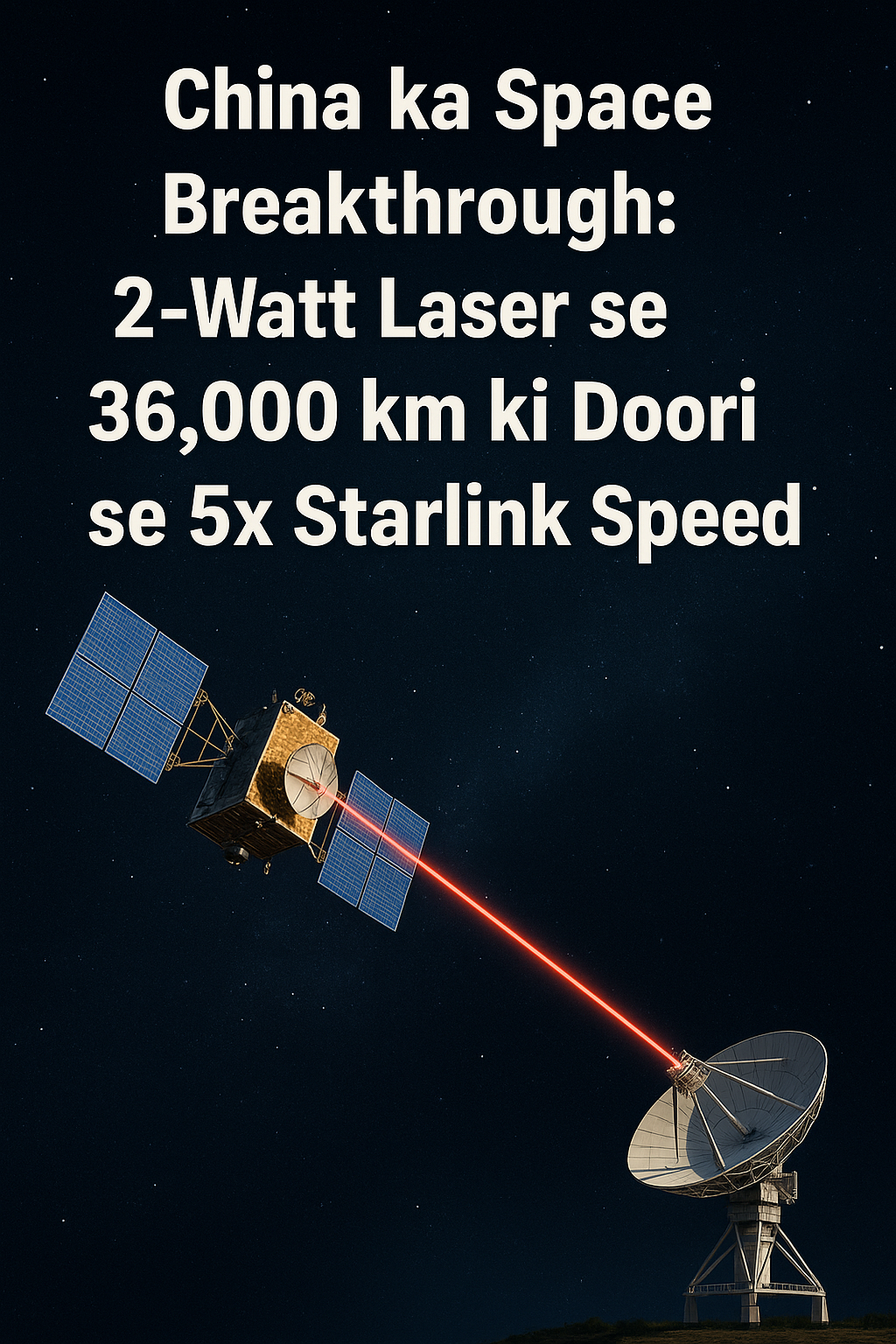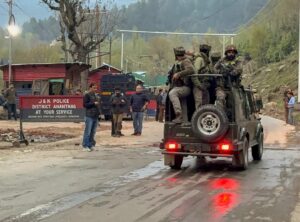News
##GlobalEconomy, ##IndianReforms, ##ManmohanSingh, ##PrimeMinister, #AarthikSudhaar, #BharatiyaRajneeti, #BharatKaVikas, #EconomicReforms, #IndianEconomy, #IndiaPolitics, #IndiaUnderManmohanSingh, #Leadership, #ManmohanSinghAchievements, #ManmohanSinghLegacy, #PoliticalHistory, #PoliticalLegacy
ZeroToHero
0 Comments
Manmohan Singh: Assessment of a historic Prime Minister
Former Prime Minister Manmohan Singh was one such personality of Indian politics, who made huge economic reforms during his tenure, but after becoming the Prime Minister, his life was also surrounded by controversy and criticism. He died on 26 December 2024 at the age of 92, and his journey had given a new direction to Indian politics. Although his career was marred by a doctor’s dispute, Manmohan Singh’s political life remained extremely important, and his contribution to the society will be remembered among the true heroes in the future. He said that history will evaluate him, and these words are echoing even today.
Manmohan Singh not only made his mark as a leader in Indian politics, but he also made several reforms in India’s economy which proved vital for the future of the country. Problems such as his brotherhood, his power and his centrality in his career made his evaluation difficult.
Early life and education Manmohan Singh was born on 26 September 1932 in Gaah, Punjab (now in Pakistan). Bharat came after the partition of his family, and it was in these troubled times that Manmohan Singh showed deep interest in education. He did his primary education from Punjab University and then obtained a master’s degree in economics from Cambridge University. After this he did PhD from Oxford University. His educational background and global experience made him an outstanding economist.
The journey till becoming Prime Minister manmohan Singh’s political journey was also unique. He was a technical expert whose exposure to politics was limited before, but his talent and hard work took him to the top of Indian politics. In 1991, when India was going through a serious economic crisis, then P.V. Narasimha Rao’s government appointed him the Finance Minister. The economic reforms that Manmohan Singh carried out as the White Minister proved to be a milestone for the Indian economy.
Under the leadership of Narasimha Rao and Manmohan Singh, India reshaped its economic path after separation from the then Soviet Union. To connect with global trade, India changed some policies, such as restricting foreign investment, improving import-export policies and making trade easier. These reforms gave a new direction to India and strengthened India’s place in the global economy.
Opportunity to become Prime Minister Manmohan Singh got the opportunity to become Prime Minister in 2004 when Bharatiya Rashtriya Congress (INC) won the general elections. Congress leader Sonia Gandhi had rejected the proposal to become the Prime Minister, and after this Manmohan Singh was appointed as the Prime Minister. This was a historic moment, because their Prime Minister was an economic expert, not a politician.
My work in the form of Prime Minister After Manmohan Singh became the Prime Minister, what reforms did he do in the country’s economic policy? During his career, Indian economics made a lot of progress, but at the same time he also had to face some criticism.
Economic improvement and development India achieved great economic success under the leadership of Manmohan Singh. His most important contribution was in the area of connecting India with global trade. Despite the global economic crisis of 2008, his policies kept the Indian economic system stable.His government promoted the development of industry and its capital, which boosted India’s economy rapidly. He started many schemes for rural development, agriculture and infrastructure, which led to development in many parts of the country.
Social Policy Manmohan Singh’s government also paid attention to social welfare schemes. Schemes like Pradhan Mantri Gram Sadak Yojana, Mahatma Gandhi Rashtriya Rozgar Garanti Yojana (MGNREGA) will bring change in the lives of poor and rural people of the country. Apart from this, his government also made some improvements in health, education and empowerment of women.
Brashtachar and Alochnaayein After Manmohan Singh became the Prime Minister, his government started facing corruption charges. Cases like 2G spectrum scam, coal scam and Commonwealth Games scam are making it difficult for his government. However, Singh always distanced himself from these matters and tried to implement the government’s policy faithfully.One criticism that has always been leveled against him is that he was a weak Prime Minister, who remained under pressure from his colleagues, especially Congress President Sonia Gandhi, in government decisions. However, Manmohan Singh never participated in the criticism and always worked peacefully.
Videsh Neeti Manmohan Singh’s government also took important decisions in the field of foreign policy. He strengthened relations with India-Russia, India-China and India-America. Specially, the understanding between India and America was one of the major reasons for Parmanu becoming their Prime Minister.
Resignation from the post of Prime Minister Manmohan Singh resigned as Prime Minister in 2014, when his government was facing constant opposition and criticism. After his resignation, Narendra Modi won the 2014 general elections and became the Prime Minister. After the tenure of Manmohan Singh, evaluation of his policies and decisions started.Manmohan Singh always said that he will be evaluated by history. He made it clear in his last press conference that the media and opponents can criticize his government, but their assessment will be reflected in the pages of history.
Manmohan Singh’s legacy Manmohan Singh’s legacy runs deep in Indian politics and economics. The economic reforms carried out by him took India into a new era. Although there were many controversies during his career, his career remained an important part of Indian politics.His courage, impeccable character and peaceful style of work earned him a special place in Indian politics. When historians evaluate the contribution of Manmohan Singh, they will not only appreciate his reforms, but will also appreciate his leadership style and decisions.
Manmohan Singh’s career was a major turning point in Indian politics and economics. His contribution will not only be recorded in the history of Indian politics, but under his leadership India took a new direction.Ultimately, Manmohan Singh’s life and work will remain an extremely important part of Indian politics, and the story about him will continue in the future. His statement that “History will be judged” is the meaningful message of his life, which confirms his honesty and commitment to action.
Disclaimer The views and facts expressed in this article are based on an evaluation of the individual and events. This content has been written to provide complete information and for your interest. The views expressed herein are not the official or legal practice of any individual, organization, or political leader. The views expressed on Manmohan Singh’s life, work and contributions are personal interpretation and are intended only to impart knowledge to the society.
This article is not for any kind of political or social restriction, and its purpose is not to campaign against anyone, nor to help or mislead anyone. Every person can have his own assessment and opinion, and therefore the assessment given in this content is from one person’s point of view.We request our readers to think carefully about any decision or idea.







Post Comment